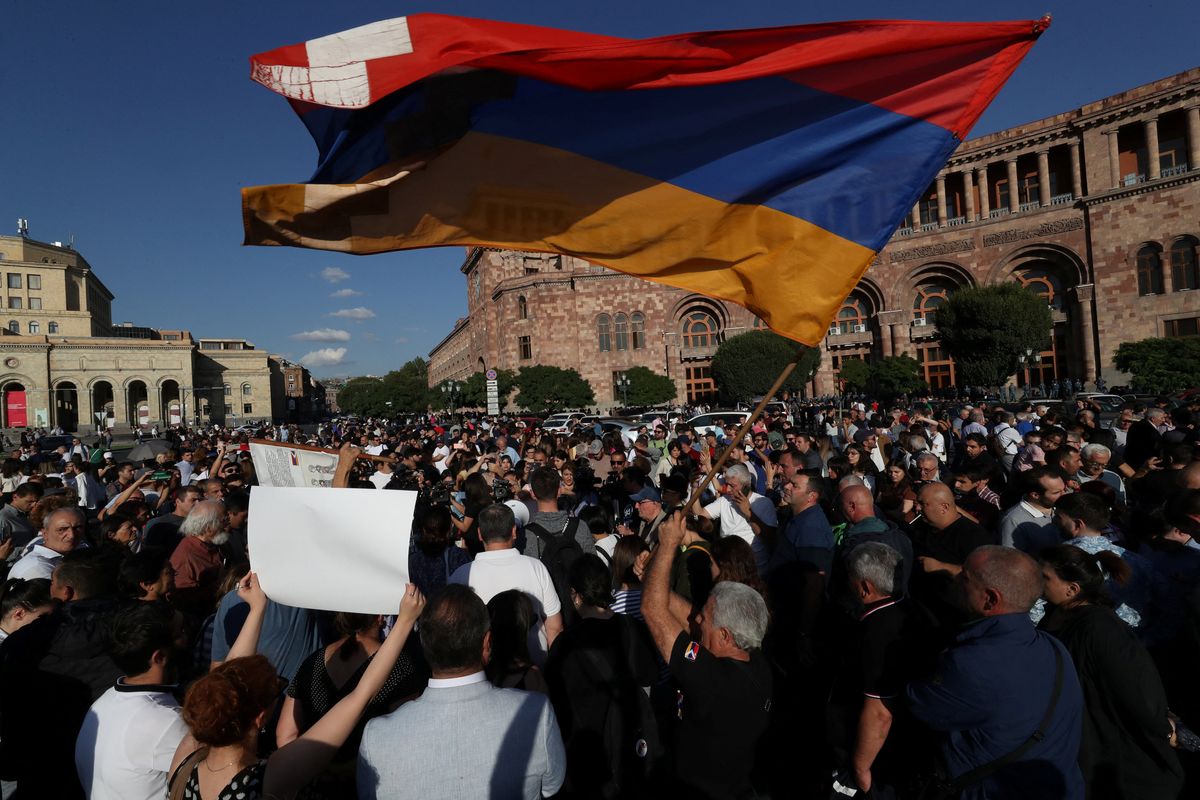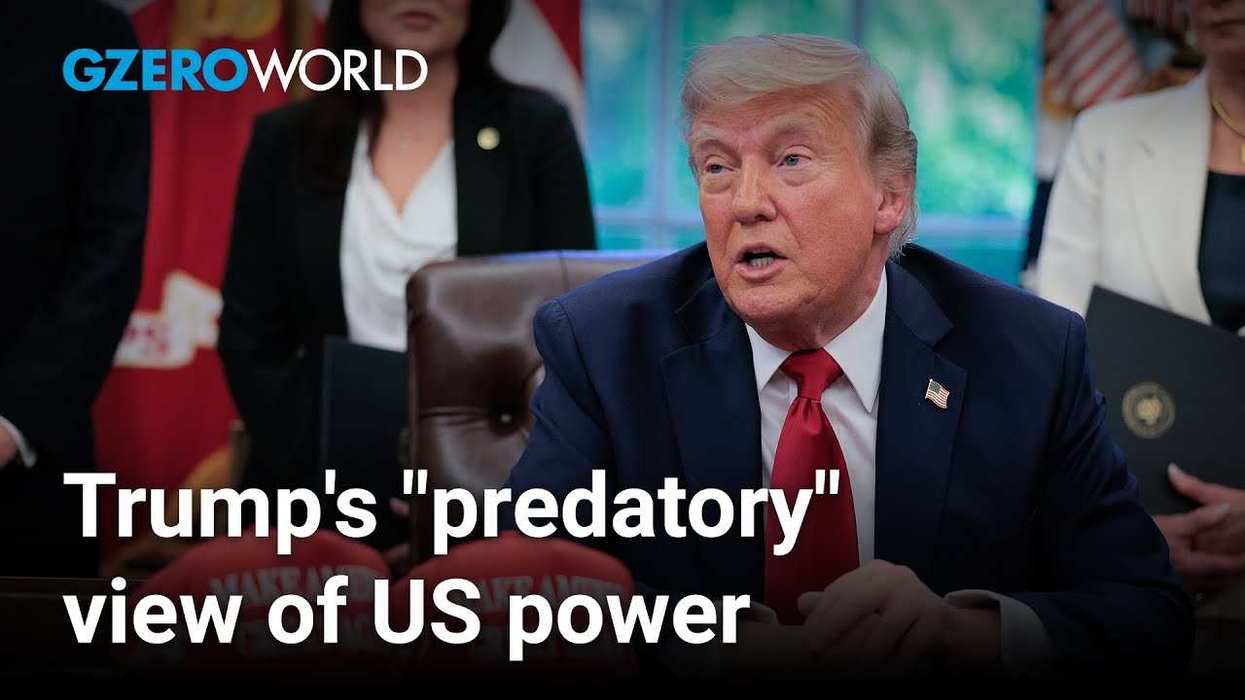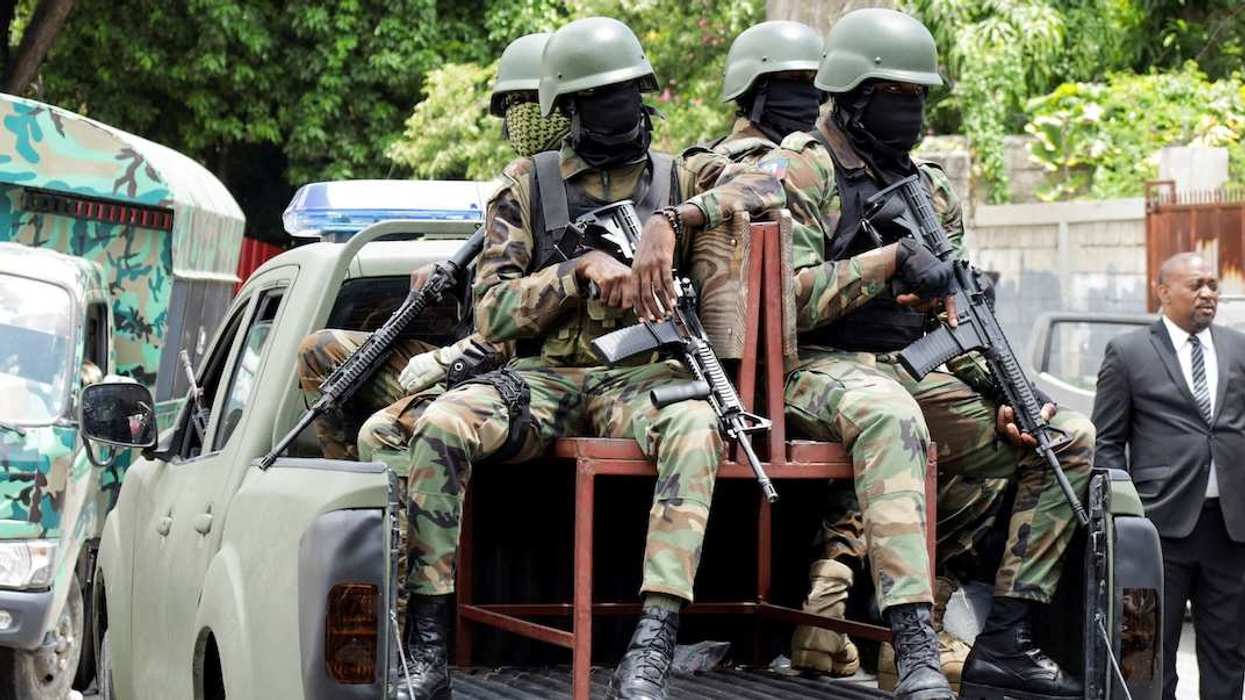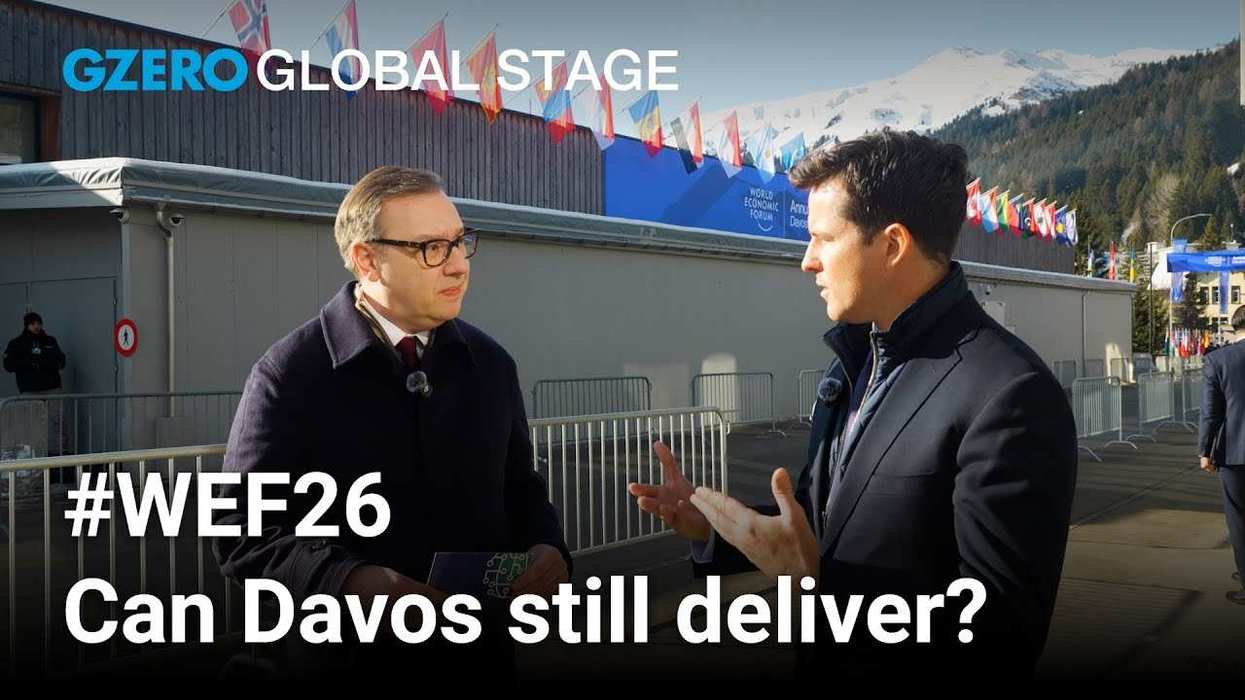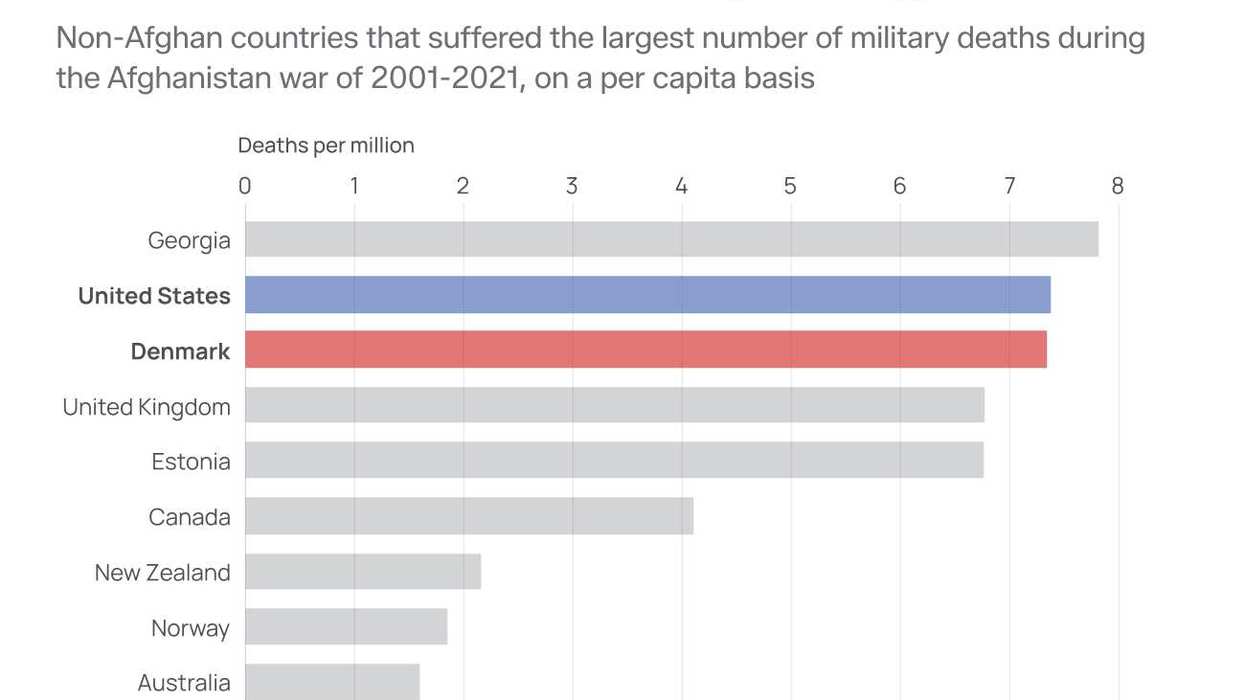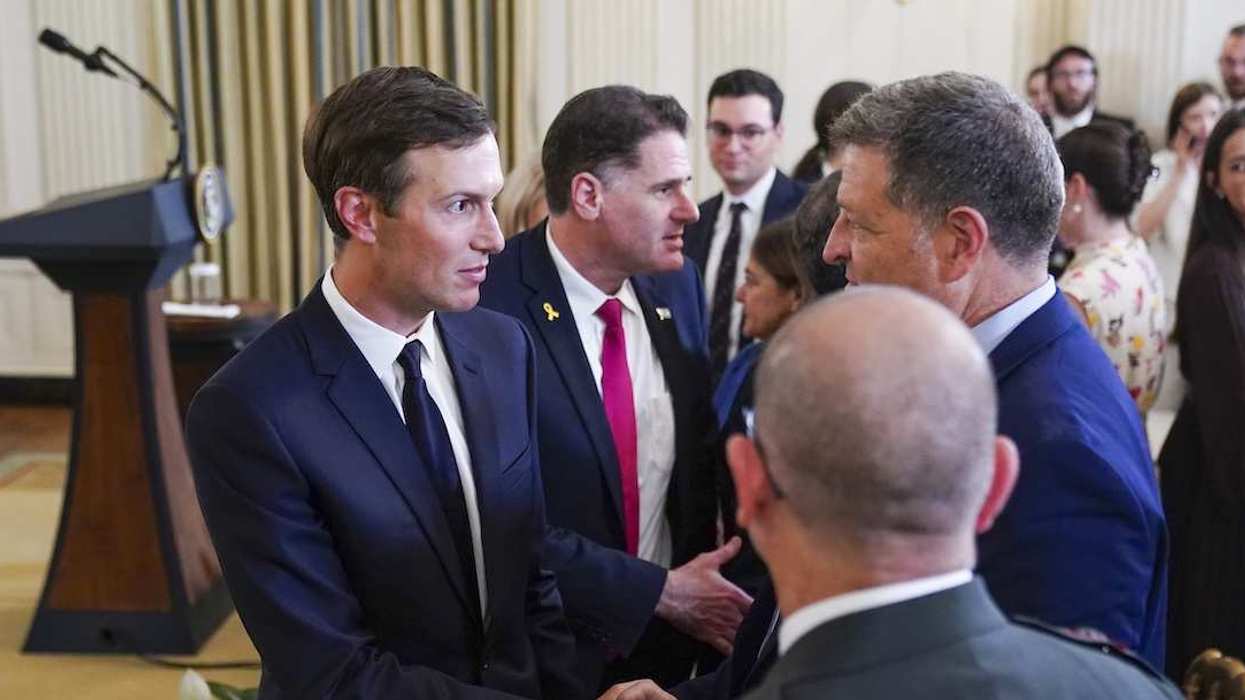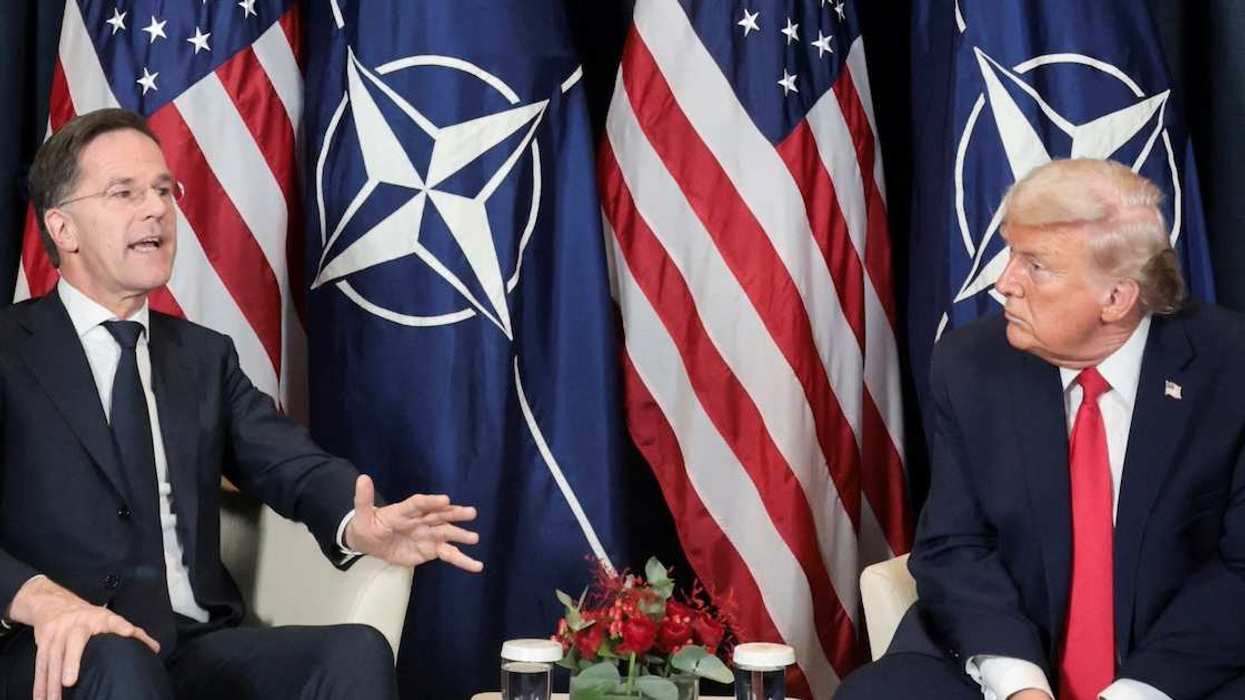Azerbaijan on Tuesday began an assault on the disputed region of Nagorno-Karabakh, shelling the capital of Stepanakert in what it called an “anti-terrorist operation.”
The background, briefly: Nagorno-Karabakh is internationally recognized as part of Azerbaijan, but the Armenian-majority enclave has been de facto independent, with Armenian support, since a war in the early 1990s. Azerbaijan and Armenia clashed again in 2020, when Azeri forces succeeded in fully surrounding the area before Russia brokered a ceasefire. In recent months, Karabakh has suffered shortages of food and medical supplies under an Azeri blockade, but both sides had appeared to be talking about peace.
The Armenian government on Tuesday appeared unwilling to send its forces directly into the conflict, and called on Russia to stop Azerbaijan’s assault.
The attack comes as Yerevan is increasingly at odds with its traditional security partner Russia. Armenia’s PM last week said Putin’s invasion of Ukraine meant that Yerevan’s long-time reliance on the Kremlin for defense and peacekeeping was “a mistake.” As if to drive the point home, Armenian forces then held military drills with the US. On Tuesday, former Russian President Dmitry Medvedev said Armenia had brought the Azeri assault on itself by “siding with NATO.”
What happens next? Azerbaijan has demanded that the Karabakh government dissolve itself, give up its weapons, and wave the “white flag.” Unless the West or Russia are able to broker a ceasefire fast, Azerbaijan could be in a position to take full control of the enclave. If so, the fate of the ethnic Armenians there would become an immediate concern, as both sides have engaged in ethnic cleansing over the past 30 years.
